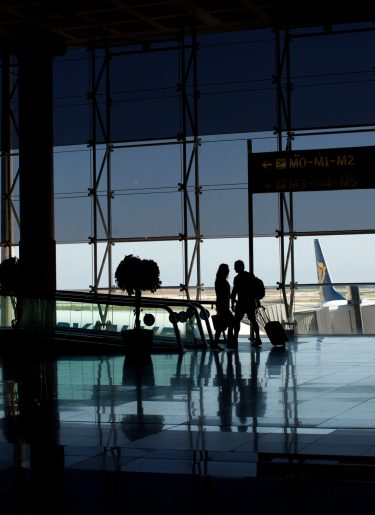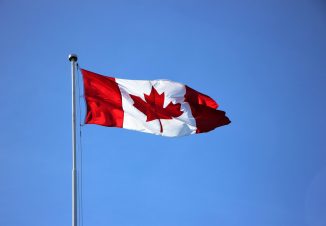
From 30 November 2021, fully vaccinated Canadian citizens, permanent residents, and individuals registered under the Indian Act returning from trips abroad of less than 72 hours will no longer be required to provide proof of a negative COVID-19 molecular test to enter Canada.
This exemption will apply to individuals who depart and re-enter Canada by land or by air and who can demonstrate that they have been away from Canada for less than 72 hours.
This exemption will also apply to accompanying children under 12 years of age and individuals with medical contraindications to vaccination.
For trips longer than 72 hours, all travellers five years of age or older, regardless of citizenship or vaccination status, will continue to be required to provide proof of either:
Regardless of trip duration, all travellers will still be required to submit information to ArriveCAN, including proof of vaccination and a quarantine plan, within the 72 hours before their return to Canada.
The Federal Government has also announced that from 15 January 2022, certain groups of travellers currently exempt from entry requirements must be fully vaccinated in order to enter Canada. These groups include:
After this date, foreign nationals who are not fully vaccinated will only be permitted to enter Canada if they fall under one of the limited exceptions, including agricultural and food processing workers, marine crew members, individuals entering on compassionate grounds, new permanent residents, resettling refugees, and certain children under the age of 18.
Testing, quarantine, and other entry requirements will continue to apply to these exempt travellers.
Foreign nationals who are not fully vaccinated and who do not fall under an exemption will be prohibited entry into Canada.
In addition, the Federal Government has also announced that effective 30 November 2021, Canada will add Sinopharm, Sinovac, and COVAXIN to the list of vaccinations approved for use by travellers entering Canada.
The Federal Government’s official announcement outlining these new border measures can be found here.
On 26 November 2021, the Federal Government of Canada announced that enhanced travel restrictions and border measures would be implemented, until at least 31 January 2022, for all travellers who have been in the Southern African region, including South Africa, Eswatini, Lesotho, Botswana, Zimbabwe, Mozambique, and Namibia within the last 14 days before arriving in Canada.
Under these enhanced measures, foreign nationals who have travelled in any of these countries within the previous 14 days will not be permitted to enter Canada.
Canadian citizens, permanent residents, and individuals with status under the Indian Act, regardless of their vaccination status or having previously tested positive for COVID-19, who have been in these countries in the last 14 days will be subject to the following requirements:
Individuals arriving by air will be required to stay in a designated quarantine facility while awaiting their arrival COVID-19 test results. Individuals arriving by land may be allowed to proceed to a suitable isolation location, however, if they do not have a suitable plan (i.e. where they will not have contact with anyone they have not travelled with or do not have private transportation to their place of quarantine), they will be required to stay at a designated quarantine facility.
No exemptions have been specifically provided in relation to these new requirements.


